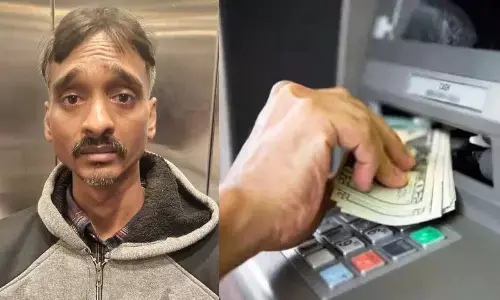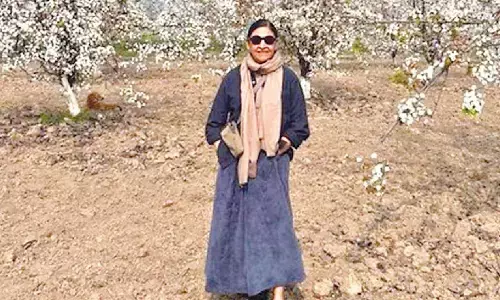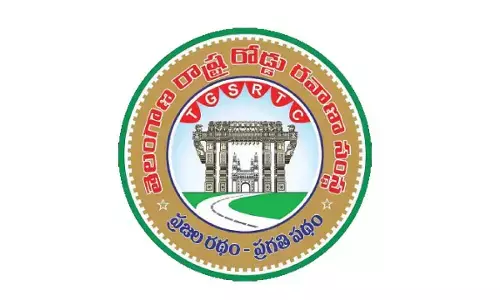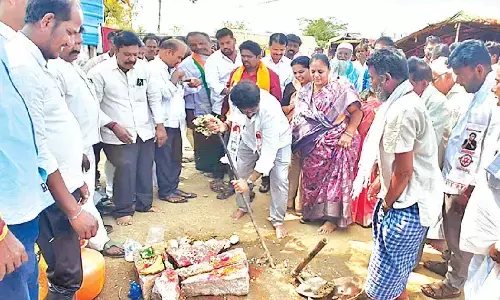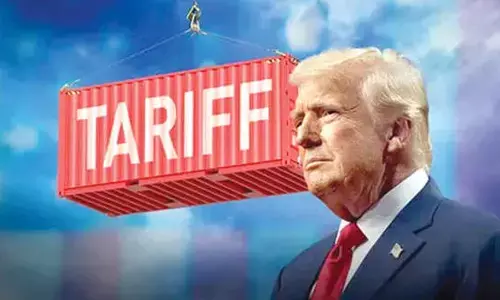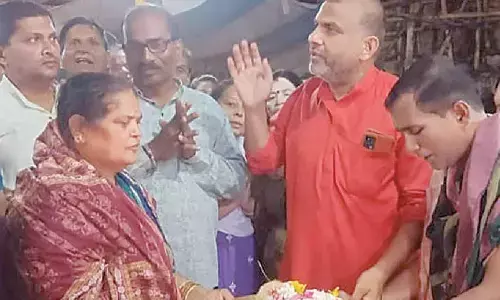Cabinet nod to gas exchange in September
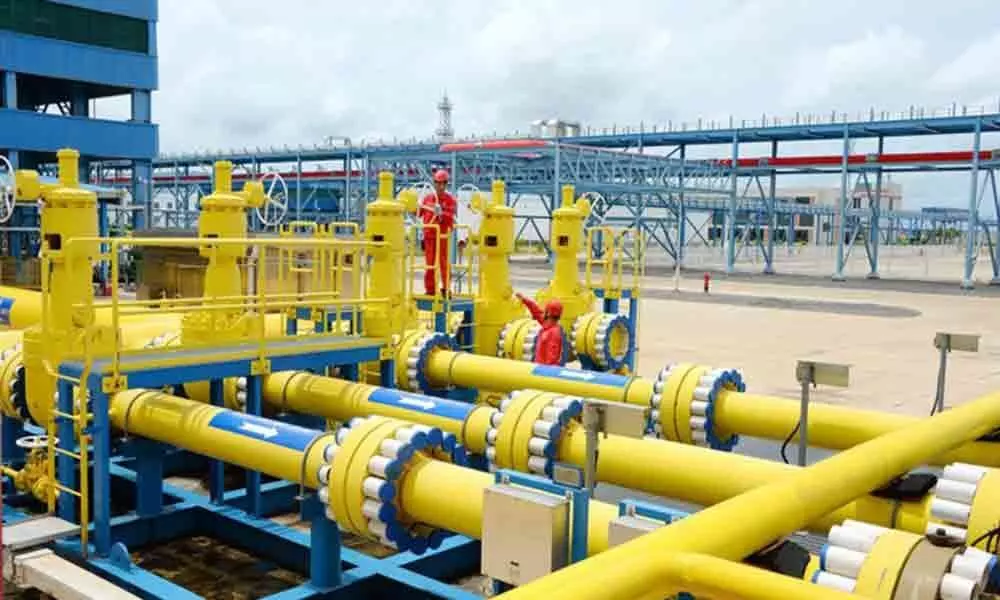
The Ministry of Petroleum and Natural Gas is expected to approach the Cabinet to set up a gas exchange later this month. The move is aimed to provide market-driven pricing for gas and pool domestic natural gas with imported liquefied natural gas.
New Delhi: The government has decided against giving gas transportation company GAIL majority stake in the proposed gas exchange to prevent conflict of interest seeping into the latest reform initiative that would pave the way for free trading of natural gas - both short-term and long-term - through dedicated exchanges.
Sources in the downstream oil and gas regulator Petroleum and Natural Gas Regulatory Board (PNGRB) said that draft regulations on gas exchanges has already been finalised by it that clearly specifies that a gas pipeline company will not be allowed to take majority stake in these new exchanges.
Gas transportation public sector undertaking (GAIL) and upstream oil company ONGC were expected to float a joint venture special purpose vehicle (SPV) to set up the country's first gas exchange. While the two could still go ahead with the plan, ONGC will have to take majority stake in the venture or the SPV would have to rope in more investors.
According to sources, the proposed gas trading hub will come up in the country early next year (first quarter of FY21) as PNGRB would take at least six to eight months to finalise regulations. Rating agency Crisil has been appointed to assist the regulator and the government in framing rules for the exchange.
The Ministry of Petroleum and Natural Gas is expected to approach the Cabinet to set up a gas exchange later this month. The move is aimed to provide market-driven pricing gas and pool domestic natural gas with imported liquefied natural gas (LNG).
"This is the right time to go ahead with the reform initiative as energy prices across the globe are low," said an oil sector expert asking not to be named.
The gas exchanges are expected to work on the lines of power exchanges, which determines the price based on supply and demand and market forces. The gas exchanges would also help small consumers to get short term supply of fuel at competitive rates. While long-term gas supply agreements are inked currently and these also are covered under regulations, short-term gas agreements are non-existent in the Indian market. Gas exchanges are expected to change this.
The gas exchanges could evolve both physical or virtual trading hub. The location will depend on where the major pipelines are connected. The major pipelines are currently connected in Gujarat, Maharashtra and Kakinada in Andhra Pradesh.
Currently the Centre fixes the price of the bulk of domestically produced natural gas. The is derived using price prevalent in gas-surplus nations of the US, Canada, UK and Russia that keeps the gas price low. The cost of imported LNG into India is around $8 mmBtU.
The government is looking to unbundle marketing and transportation operations of gas in the country, a move that would end up splitting GAIL, which owns most of nation's natural gas transportation network.
Unbundling is required for a uniform and competitive gas market as GAIL currently has the monopoly both in terms of marketing and transportation of gas. This creates conflict of interest and affects discovery of competitive gas pricing.
The government is hoping to raise the share of natural gas in the country's energy mix to 15 percent by 2030 from the current 6 per cent. It is also planning to double its gas pipeline network and gas import terminal capacity over the next few years.
A gas hub can be effective only if all players have equal access to import terminals as well as pipelines. A well-functioning gas hub can ultimately end price control in the country where domestic gas prices are decided every six months on a government-set formula. (IANS)



